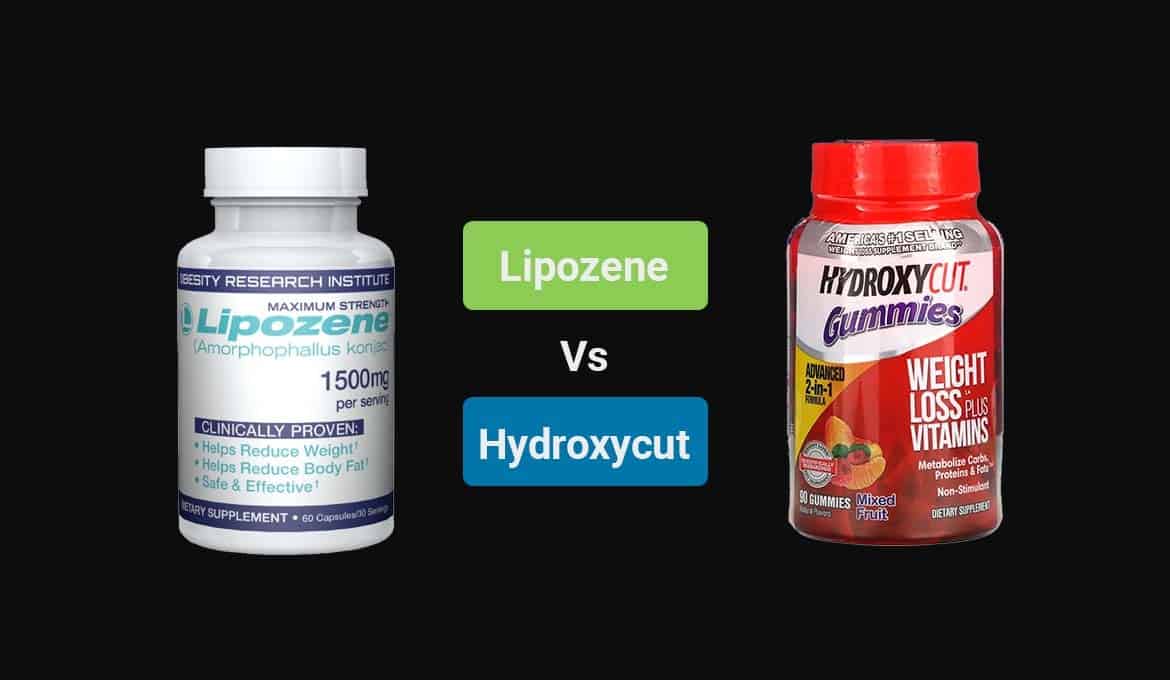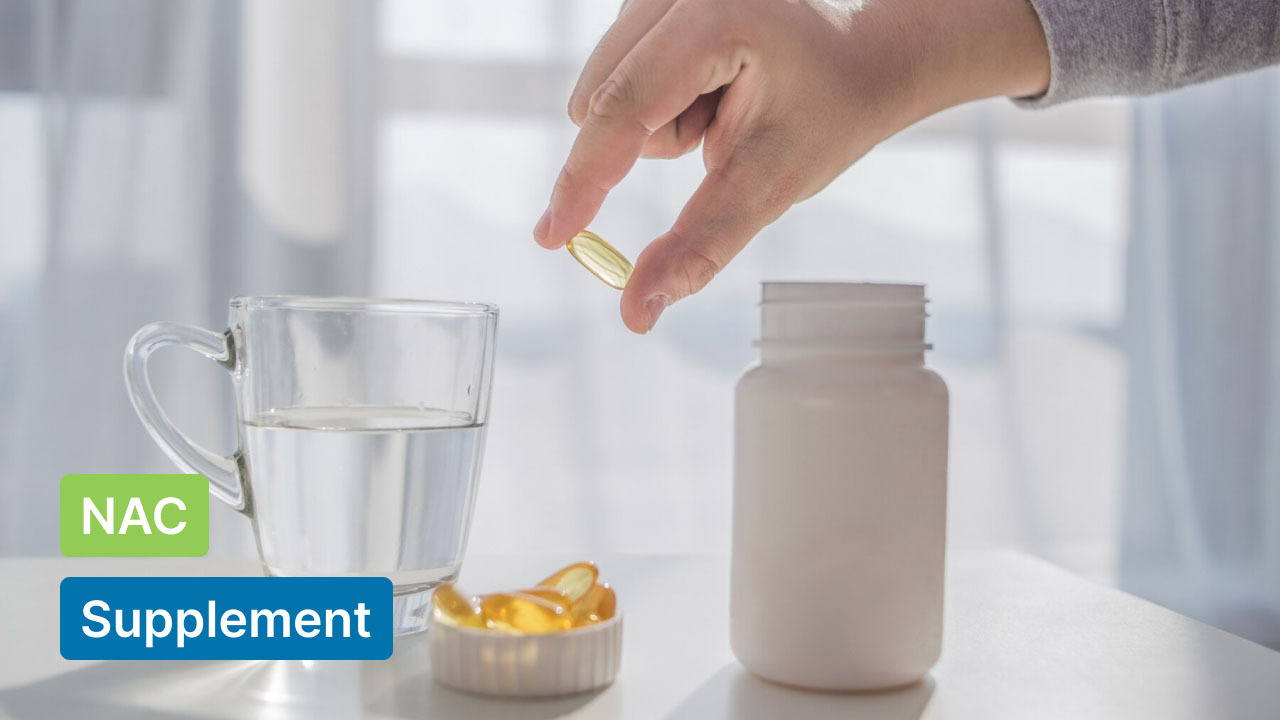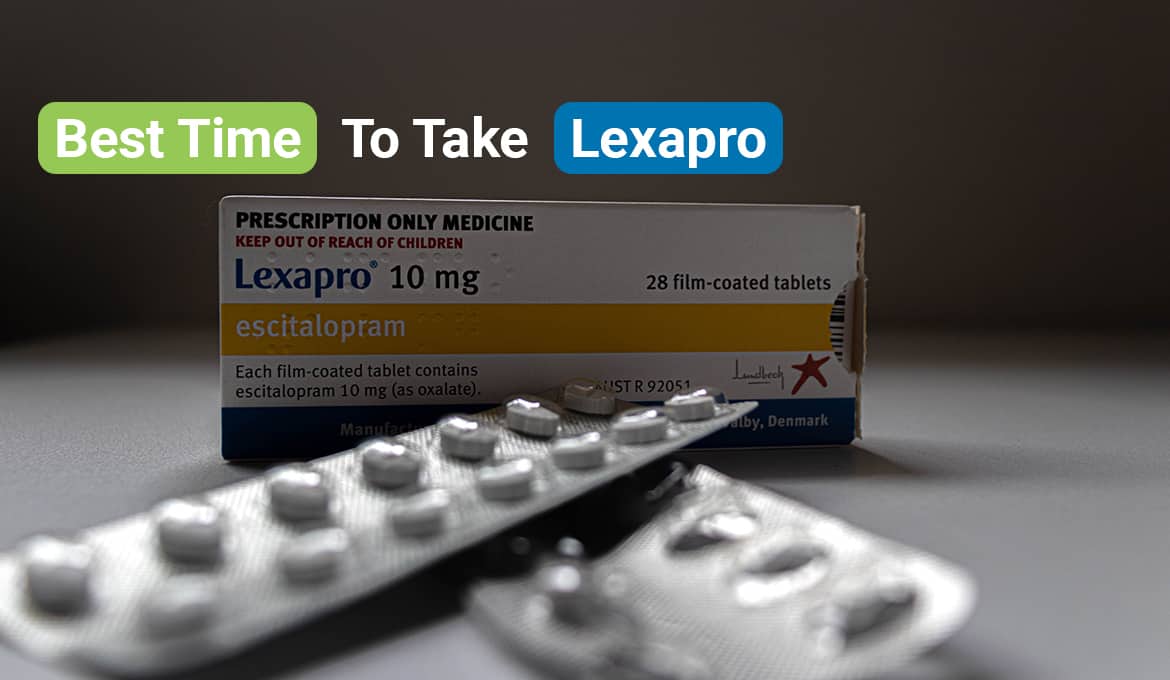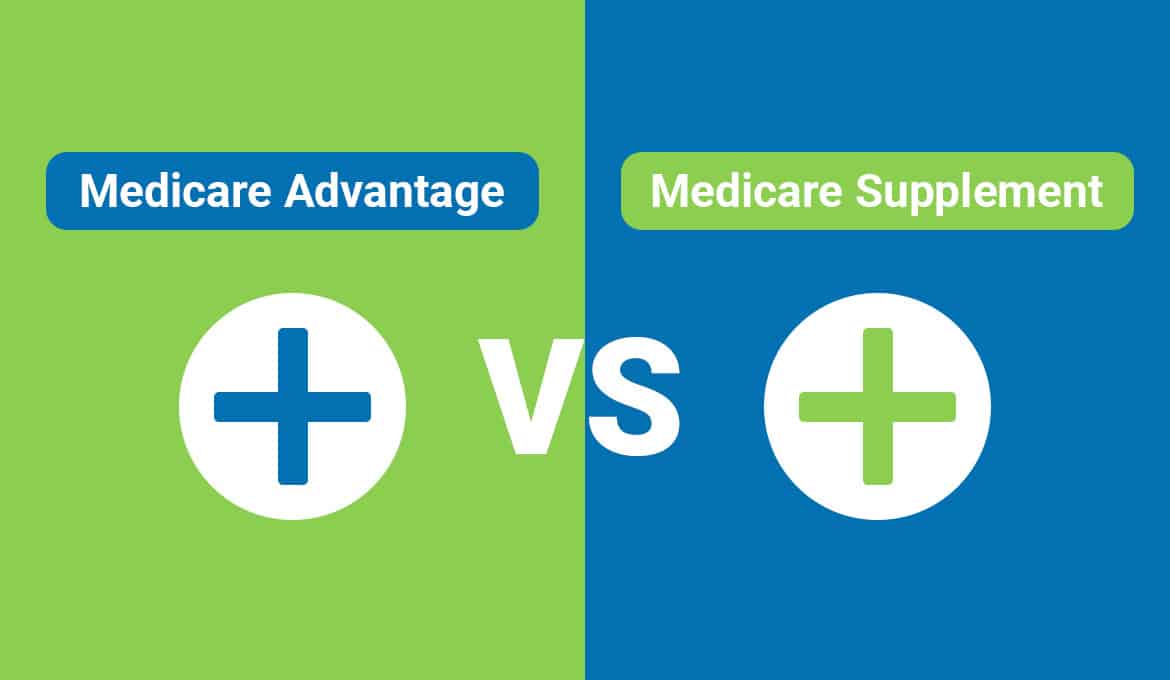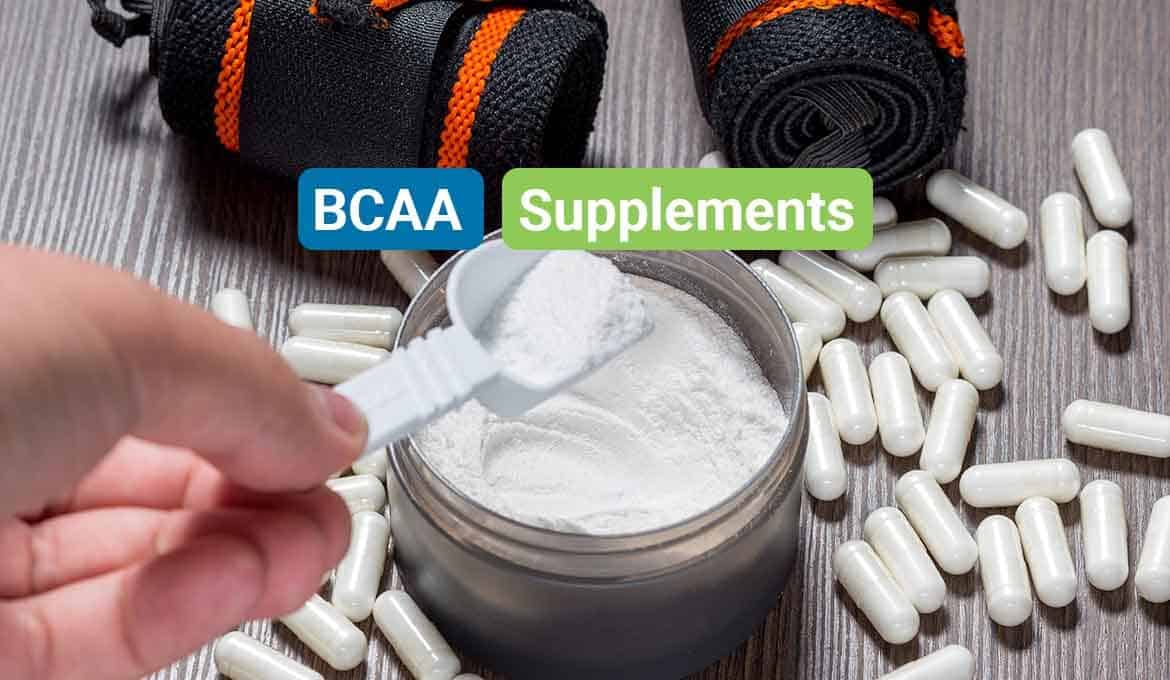
You might have come across creatine if you’re into working out, participating in Zumba classes, or any sports. Taking creatine as a supplement is highly in demand among athletes and gym rats. They use it to bulk up and enhance their strength.
Today, creatine is a common dietary supplement for increasing muscle mass and boosting athletic performance. However, reaping the benefits of creatine demands the right creatine absorption.
Study after study has demonstrated the benefits of creatine on muscle strength, power, recovery, and pretty much everything that makes exercises better. Whether you’re doing any physical activity, back workouts, or even hip flexor exercises, it has been quite effective.
In fact, there’s a compelling case that practically everyone should take it, including both men and women. But the question is, “When is the best time to take creatine?” Should you take them before or after your workout sessions?
Continue reading to discover the answer to “When is the best time to take creatine?” Also, explore what creatine is and the benefits it offers. Let’s get started with the basics.
What is Creatine?
Creatine is a naturally occurring molecule comprising three amino acids, namely methionine, glycine, and arginine. They provide energy to your body's tissues and muscle flexing power.
In fact, the majority of the creatine in our bodies is found in skeletal muscle. It is known for increasing our cognitive abilities and muscular function.
One of the most research-backed forms of creatine is creatine monohydrate. These supplements are readily available on the market and are recommended by most trainers and dieticians.
How does creatine work?
Imagine you’re working out at the gym, feeling the burn from lifting heavy weights.
But all of a sudden, you feel like your muscles are exhausted, and you’re struggling to finish those last few reps in each set. This is where creatine comes to the rescue.
Yes. you got it right. When you take a creatine supplement, it increases the quantity of available creatine in your muscles.
About 95% of the body’s creatine is stored in the muscles, mainly in the form of phosphocreatine. The remaining 5% is found in the brain, liver, kidneys, and testes.
When you consume creatine, your phosphocreatine stores increase.
This is a form of stored energy in the cells. It facilitates the production of more ATP (adenosine triphosphate), a high-energy molecule, by your body.
ATP is often referred to as the body’s energy currency. More ATP allows your body to function better when you exercise.
In short, creatine offers your muscles extra energy and causes changes in cell activity that promote muscle growth. A recent review discovered that creatine supplements were efficient in growing muscle in healthy young individuals.
It’s interesting to know that about half of the creatine in your body is produced by your liver, kidneys, and pancreas. The remaining half should come from your diet, in the amount of 1-2 grams daily.
Approximately one gram of creatine is produced by our body naturally every day. In spite of this, our body excretes creatine on a daily basis.
Several foods, including red meat, poultry, milk, and seafood, may contain creatine. But these foods only have very small amounts. That’s why taking creatine supplements is recommended, especially for athletic people.
Who can benefit from creatine?
Creatine is not just for gym enthusiasts; it's for everyone! It has also been shown to improve muscle strength and cognitive function in older adults. Athletes, bodybuilders, and weekend warriors can all benefit from making and witnessing incredible results.
So, if you’re a beginner or someone who doesn’t even exercise, consuming creatine will not harm you. It will provide you with energy and help you be productive throughout the day.
Still, it’s always best to double-check with your doctor or a dietician before incorporating creatine into your fitness routine.
Now, let’s come back to the main question: “When do you have creatine?”
When Is The Best Time To Take Creatine?
According to a recent study, there is not enough data to support the idea that when creatine is taken, it should be a major concern.
More rigorous research is needed to find out whether timing impacts creatine's effectiveness. However, some researchers have said that timing really doesn’t matter when taking creatine.
i) Before a workout
Since it’s difficult to acquire all the creatine from a natural diet, taking supplements is a perfect approach for gaining muscles. Taking creatine four times a day for a week is the most effective way to make the most of these stores. (Roughly 5g)
Approximately 10g of creatine per day can be sufficient to maintain the appropriate high level once the stores have been optimized.
However, vegetarians and people with vast body mass may require higher doses of creatine to optimize their storage prior to a daily workout.
ii) After a workout
As already mentioned, dietary creatine is often insufficient for boosting the body's creatine storage. Because of this, taking creatine right after working out is one of the ideal times to do so.
This helps maintain optimal muscle stores and may aid in muscle recovery by restoring what was used during the workout.
The pros of taking creatine post-workout are that muscle cells have a greater affinity for creatine uptake after exercise.
iii) Rest days
Having creatine on non-training/resting days is a terrific way to ensure that you keep an ample supply of it in your muscles. Since creatine must be replenished, consuming it even on rest days might help the body prepare for the next workout.
Take one 5-gram serving on a rest day to saturate your muscle tissue with creatine, so you have plenty in reserve.
vi) Anytime
Timing is not an essential factor when it comes to taking creatine monohydrate. As mentioned in JISSN, there’s no significant difference in muscle creatine uptake when it is consumed at different times of the day.
You don’t need to pressurize yourself about timing. Since creatine is good for you, you'll see the benefits as long as you supplement with it.
How to take creatine?
How and when to take your doses is less important than being consistent with them. Basically, there are two ways to start incorporating creatine into your routine:
small daily doses, loading doses, and either pre- or post-workouts, depending on personal preference.
The small, daily doses are straightforward yet effective. You won’t get the big, dramatic increase in muscle mass as others. But you will notice results at a steady pace.
Loading phase, on the other hand, is the most popular approach, and it involves taking high doses of creatine 4-5 times per day for over a week. This is followed by a maintenance phase of five grams per day.
The main difference between small daily doses and the loading phase is that the small daily doses take more time to achieve the results than the loading phase.
Taking creatine with other supplements
To enhance muscle retention following an intense workout, it is preferable to consume creatine alongside a mixture of protein or carbohydrate sources.
As such, it's a perfect match for your smoothie for post-workout recovery. Other potential benefits of daily creatine supplementation include maintaining adequate muscle stores.
What are the Benefits of Taking Creatine?
Creatine supplementation has been shown to offer prominent benefits for physical performance.
The International Society for Sports and Nutrition (ISSN) defines creatine as the most powerful ergogenic (performance-boosting) nutritional supplement available on the market today.”
Further, a review published in Nutrients states that newer evidence proves creatine may be advantageous in the treatment of illnesses such as anxiety and depression. However, further research is required to confirm this.
Taking creatine supplements increases the amount of available creatine in our muscles. This indicates that there is more creatine phosphate available to convert ADP back into ATP, giving muscles more fuel and power.
Some of the benefits of taking creating include:
a). Improves athletic performance
Enhancing athletic performance is one of creatine's most significant benefits. A study that was published in JISSN claims that taking supplements of creatine will improve power output, strength, and endurance.
This allows bodybuilders to push themselves harder and for longer during training, leading to better performance.
b). Builds body muscles
Creatine is a vasodilator, which means it pumps more liquid and blood to the muscles, making them appear bigger since they are fuller. So, all that extra hard work will result in bigger muscles.
c). Enhances cognitive function
Surprisingly, creatine has been proven to improve short-term memory and intellectual reasoning. Our brain is a demanding muscle, much like our quads and lats. It consumes 20% of our total energy.
Creatine plays a role in energy metabolism in the brain, so supplementing with creatine can help to improve cognitive function by providing more creatine for your brain.
However, research is being conducted to confirm if creatine may help people with mental conditions.
d). Speed up muscle recovery and healing:
The fact that creatine can help with recovery is another bonus point. Several studies have shown that creatine may be a beneficial supplement for boosting sprint speed, enhancing performance during intense muscle flex, increasing the anaerobic threshold and aerobic capacity through more efficient ATP transport, and supporting a higher tolerance for intense workouts.
e). Support heart health
Creatine supplements may help promote heart health for people suffering from myocardial ischemia. A recent study showed creatine improved the energy available to the heart, reduced the frequency of an irregular heartbeat, and improved overall heart function.
Apart from its diverse benefits, creatine is among the most affordable and safest supplements available. You may easily find it in your nearby pharmacy stores or online.
Final Thoughts
To conclude, the best time to take creatine is simply when it works for you to make sure you are getting the most out of your supplements. If used properly, you will gain strength, enhance your lean muscle mass, get boosts of energy that allow you to work harder, and improve your overall physical performance.
Creatine generally has no side effects, but sometimes, it may cause bloating and diarrhea if consumed beyond the recommended daily intake. If you experience any discomfort, contact a healthcare practitioner or your trainer and seek advice.
Don't worry if you feel like you're taking it wrong. There isn’t a set rule to follow when deciding when to have creatine. Just take it whenever it is convenient for you, and stick with it!
FAQs
1. Is it better to take creatine before or after a workout?
Ans: The best time to take creatine is 30 minutes before a workout. It is also a good idea to include it in your post-workout meal, as this is when your muscles are repairing and growing. However, you may take it shortly after a workout as well. There’s no restriction for taking creatine.
2. When should I take creatine for best results?
Ans: There isn’t truly a perfect time to take creatine. As long as you take 2 to 5 grams of creatine daily, even on non-workout days, the timing doesn’t matter. Research has shown that the outcome will be similar regardless of the time.
3. Should I take creatine every day or just on workout days?
Ans: Yes. It’s recommended to take creatine every day for optimum results, including on rest days. You can take anywhere from 20 to 25 grams of creatine per day during the loading phase and 5 grams per day during the maintenance phase.
4. How much water should I drink on creatine?
Ans: You can add 3-5 grams of creatine to a glass of water (8 ounces) daily. As for total daily water intake, aim for 3-4 liters of water daily while taking creatine supplements.
5. Can I mix creatine with protein powder?
Ans: Yes, absolutely. You may mix the benefits of both creatine and your preferred protein powder to enhance your muscle growth and recovery. In fact, protein is a perfect complement to creatine since it's necessary for both repairing and building muscular tissue.
6. Can a beginner take creatine?
Ans: Yes, creatine is completely safe for beginners. The daily recommended creatine dose for beginners is 20 grams.
Read Also:







